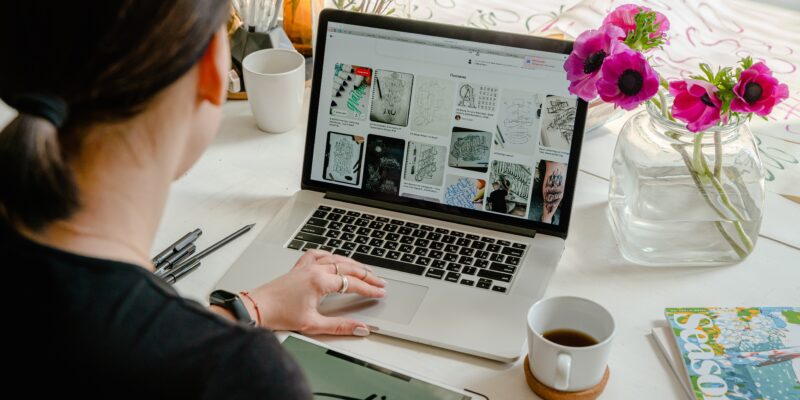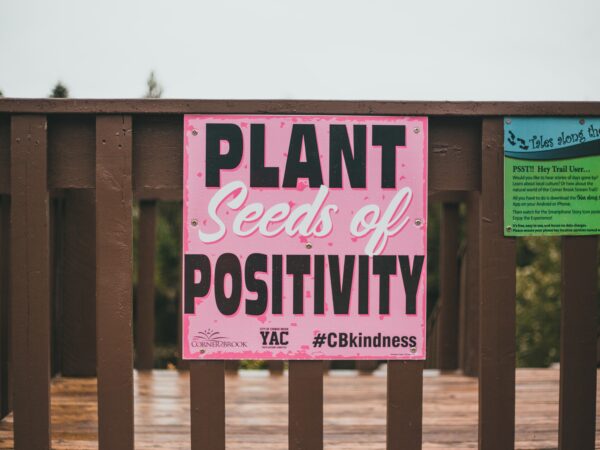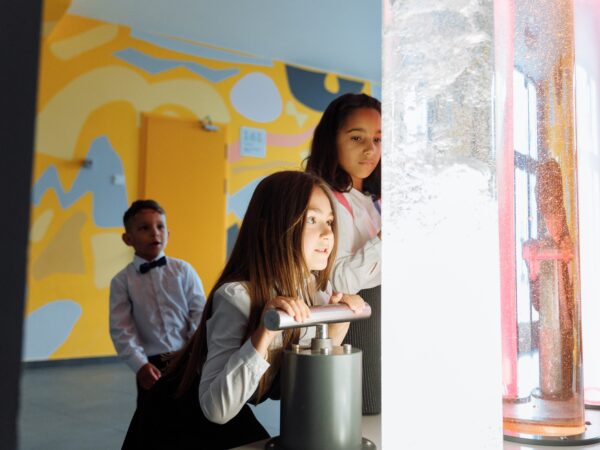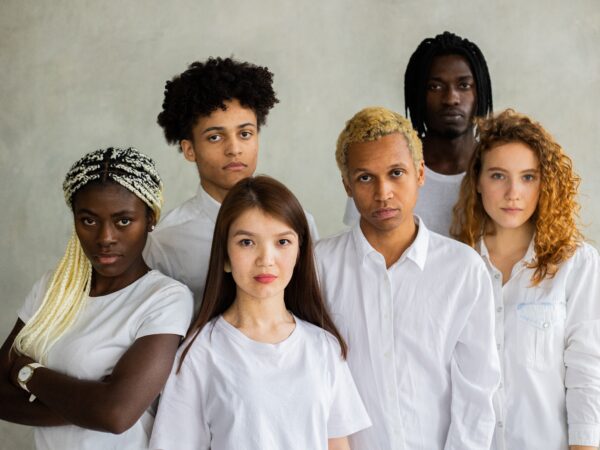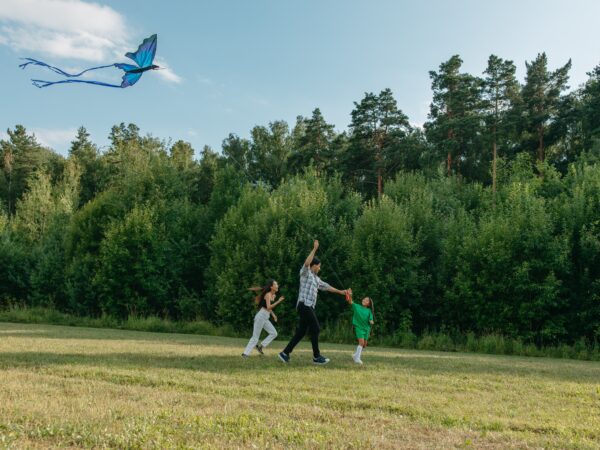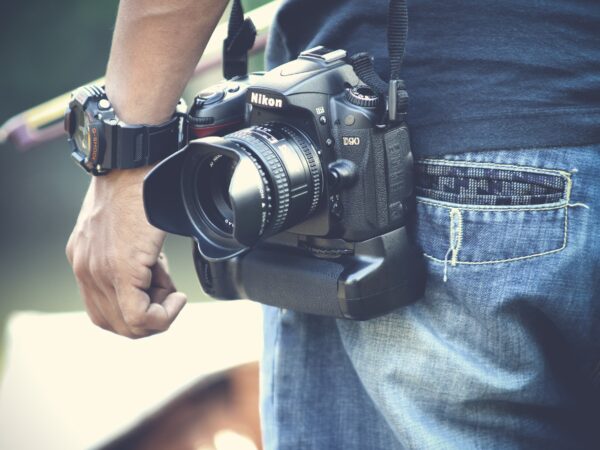For many people, creativity and inspiration are like the stars that can never be easily located in the sky. They may be visible to the eye, but the effort to reach them seems insurmountable. But fear not! There are various ways to boost your creativity and find inspiration, even when it seems like it is a lost cause.
Whether you’re a writer, an artist, a musician, or any other creative professional, finding ways to maximize your creative potential is essential. Here are some of the top ways to boost your creativity and become more inspired:
1. Surround Yourself with Creative People
Surrounding yourself with creative people can be one of the best ways to boost your creativity and become more inspired. When you surround yourself with people who think and create differently from you, their perspectives can challenge and inspire you. They may also introduce you to new ideas, concepts, and inspirations that can help you develop your own sense of creativity.
To meet creative individuals in your area, try joining local artist groups, writing groups, or attending creative-focused workshops. You can also look for creative communities online, such as forums, social media groups, or online artistic collectives that you can be a part of.
2. Travel and Explore
New environments and experiences can ignite your creativity in ways that nothing else can. Experiencing different cultures, seeing new sights, and smelling different smells can stimulate your senses, energize your mind, and inspire new ideas.
To maximize the benefits of travel, try to ditch the guidebook and immerse yourself in the local culture. Spend time with locals, try new foods, and explore local art scenes. Take pictures, sketch or paint, or write about your experiences. Allowing yourself to experience the world through all of your senses will help you create richer and more layered art.
If travel is not an option for you at the moment, try exploring your own local community. Visit local museums, attend cultural festivals or concerts, or even walk around your neighborhood and observe the people and the environment.
3. Set Goals and Deadlines
Deadlines and goals can be a great incentive to get your creativity flowing. Setting goals for yourself, no matter how small they may be, can help you stay on track and motivated.
It’s important to be specific when setting your goals. For example, if you’re a writer, make a goal to complete a chapter of your book in a specific period. If you’re an artist, set a goal to create three new pieces of art by the end of the week. Make sure that you break the goals down into smaller, more manageable steps so that you can easily track your progress.
4. Experiment with New Techniques, Mediums, and Forms
Sometimes, exploring new techniques, mediums, or forms is all you need to give your creativity the boost it needs. By experimenting with something beyond your comfort zone, you can break through creative blocks and open yourself up to new creative territory.
For example, if you’re primarily a painter, try working with mixed media or explore printmaking. If you’re a writer, try writing in a new genre, or experimenting with writing prompts.
5. Take Breaks and Practice Self-Care
While it’s important to stay motivated and focused, taking breaks and practicing self-care is essential to avoid burn-out and creative blocks. Sometimes, taking a break from creative work is what you need to spark a new idea or fresh perspective.
During your breaks, you can do something entirely different than your creative work. Try going for a nature walk, reading, or meditating. These activities can help calm down your mind and re-energize you for when you return to your artistic work.
6. Get Adequate Sleep and Exercise
Sleep and exercise do more than just keep you healthy – they are also vital for boosting creativity. Regular exercise is associated with improved creative thinking, as it helps stimulate the same brainwave frequencies that are used when you are brainstorming or coming up with new ideas. Additionally, getting enough sleep boosts your brain’s memory storage, allowing you to access ideas and inspirations at a faster rate.
To prioritize exercise, you can find an exercise routine that works for you. It doesn’t have to be rigorous – even a 20-minute daily walk can provide benefits. If you struggle to fall asleep, try establishing an evening routine, such as winding down with a warm bath or meditation, to help you fall asleep and get the rest you need.
7. Practice Mindfulness
Practicing mindfulness can help you become more aware of your surroundings, your thoughts, and your emotions, all of which can be beneficial in boosting your creativity. When you are mindful, you are better able to focus, which can help eliminate distractions and help generate creative ideas.
To start practicing mindfulness, begin by focusing on your breath. Find a quiet and comfortable space to sit, and then focus on your breath – in and out, in and out – while letting go of any other thoughts that pop into your mind. You can also try mindfulness exercises like body scans or meditations that focus on gratitude or self-compassion.
8. Be Open to Feedback
Feedback can help you grow as an artist and improve your creative work. By accepting feedback from others, you can gain a new perspective on your work and see it from a different angle.
Remember to not take any feedback personally, even if it may sound critical. Instead, use their criticism as an opportunity to learn and grow as an artist.
Conclusion
In conclusion, creativity and inspiration can be elusive, but they are not impossible to obtain. Try different methods and techniques to find what works best for you, surround yourself with other creatives, and prioritize self-care, exercise, and other healthy habits to boost your creative potential. Ultimately, creativity is something that you can nurture and develop over time with patience and practice.


